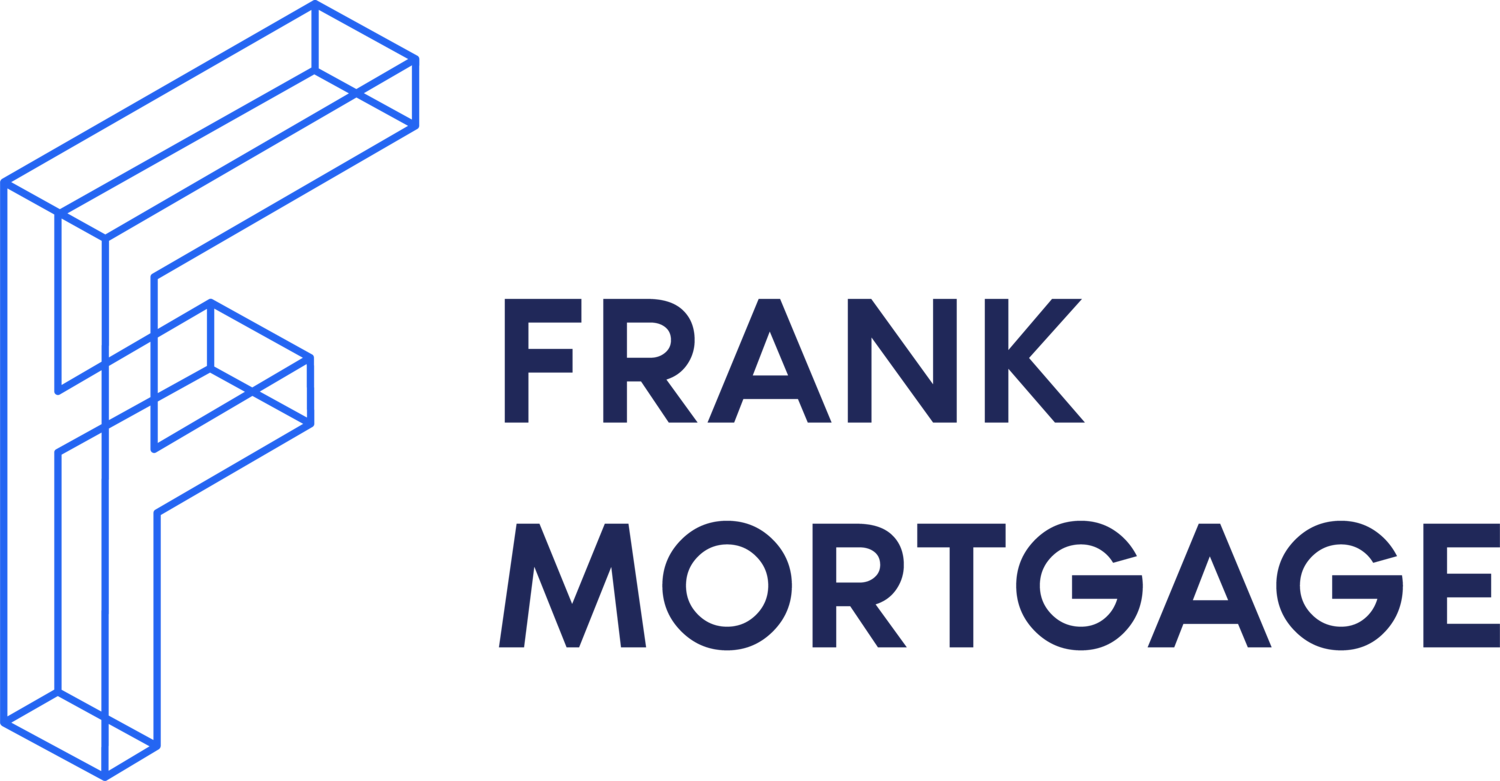First Home Savings Account (FHSA)
Some Help for Prospective Home Buyers
If you are looking to save for a down payment on a home, the FHSA looks like a good way to start. An FHSA is a registered plan, similar to an RRSP account, that allows you to save for a down payment, tax free.
With interest rates increasing and home prices in the stratosphere, prospective new home buyers may feel like the market is stacked against them. They need to pass strict underwriting criteria, including the mortgage stress test. Saving a significant sum for a down payment can be challenging, especially if you live in one of Canada’s large cities. While the government has created rules that hurt first-time home buyers, such as the stress test, they have finally created at something that might help. The FHSA combines the benefits of an RRSP with those of a TFSA.
Let’s take a look at how the FHSA works.
Key Features of the FHSA
Launched April 1, 2023, FHSA accounts can be provided by any bank, credit union, trust or insurance company. Not many institutions have established their FHSA programs yet, so you may have to wait a while. Most have announced intentions to establish FHSAs and we expect them to be widely available in the coming months;
The lifetime contribution limit is $40,000;
The annual maximum contribution limit is $8,000. Once you have established an account, any unused annual contribution can carry over to the next year;
Like with an RRSP contribution, you get a tax deduction on your annual contribution;
Income on the invested money within the FHSA is earned tax-free;
When you withdraw money to purchase a home, the money can be withdrawn tax-free;
You must live in or intend to live in the home being purchased as your principal residence within one year of buying it;
The account must be closed after 15 years, or by the end of the year you turn 71, or the year following your first withdrawal of funds used to purchase a home, whichever comes first;
The funds in the FHSA may be invested in the same types of securities as funds that are invested in RRSP accounts; and
You can transfer funds directly from your RRSP into your FHSA, within the annual limits, without tax consequences. Note that there is no tax deduction for such a transfer deposit.
Eligibility to Open an FHSA
To be eligible to open an FHSA you must meet the following criteria:
Must be 18 years of age or older;
You need to be a resident of Canada; and
You cannot have owned (or jointly owned) your home at any time in the calendar year before the account was opened or for the previous four years. You are also ineligible if your spouse or common-law partner owned (or jointly owned) a home during these time periods. Clearly the intention here is to provide a down payment savings opportunity for first-time home buyers.
Key Benefits of the FHSA
Tax deductible contributions;
Tax free withdrawals;
Investment income within the account is tax-free, allowing the account to grow without tax consequences;
Any funds that are not withdrawn to purchase a house within the 15-year time limit can be transferred to an RRSP account by the holder on a tax-free basis.
Is there a downside to the FHSA?
We do not see any notable problems with the FHSA but there are some limitations to be aware of:
If you withdraw funds for any purpose other than purchasing a house, the funds withdrawn must be included as income for your income taxes in the year the amounts are withdrawn. In other words, these types of withdrawals will be taxed;
If you are in a low-income bracket, a TFSA might make more sense for you to try and save money tax free since accessing the funds if they were needed would not attract tax;
For those that live in the largest, most expensive cities in Canada, the $40,000 limit will not come close to allowing you to save the full amount required for a down payment for the best properties. Nevertheless, it is a good start and a great vehicle for saving money tax free for this purpose; and
You cannot use an FHSA to purchase an investment property or a second home.
Younger adults with taxable income who see themselves owning a home in the future might want to consider opening a FHSA before considering either an RRSP or TFSA account. Please consult a financial advisor or a FHSA issuer that can help you determine what is best for you.
How much can be saved within the 15-year limit of the program?
Let’s look at a numerical example. For the sake of simplicity, we assume you invest $8,000 every year, on the first day of January, for five years. We also assume you hold the funds in the account for 15 years until the deadline to withdraw. We also assume that the funds earn an annual return of 5% every year. Not knowing your tax situation, this analysis does not include any benefit you may get from the tax deductibility from the deposits.
| Year | Beginning of Year Balance | Annual Deposit | Annual Interest Earned | End of Year Balance |
|---|---|---|---|---|
| 1 | $0 | $8,000 | $400 | $8,400 |
| 2 | $8,400 | $8,000 | $820 | $17,220 |
| 3 | $17,220 | $8,000 | $1,261 | $26,481 |
| 4 | $26,481 | $8,000 | $1,724 | $36,205 |
| 5 | $36,205 | $8,000 | $2,210 | $46,415 |
| 6 | $46,415 | $0 | $2,321 | $48,736 |
| 7 | $48,736 | $0 | $2,437 | $51,173 |
| 8 | $51,173 | $0 | $2,559 | $53,732 |
| 9 | $53,732 | $0 | $2,687 | $56,418 |
| 10 | $56,418 | $0 | $2,821 | $59,239 |
| 11 | $59,239 | $0 | $2,962 | $62,201 |
| 12 | $62,201 | $0 | $3,110 | $65,311 |
| 13 | $65,311 | $0 | $3,266 | $68,577 |
| 14 | $68,577 | $0 | $3,429 | $72,005 |
| 15 | $72,005 | $0 | $3,600 | $75,606 |
| Year | Beginning of Year Balance | Annual Deposit | Annual Interest Earned | End of Year Balance |
|---|---|---|---|---|
| 1 | $0 | $8,000 | $400 | $8,400 |
| 2 | $8,400 | $8,000 | $820 | $17,220 |
| 3 | $17,220 | $8,000 | $1,261 | $26,481 |
| 4 | $26,481 | $8,000 | $1,724 | $36,205 |
| 5 | $36,205 | $8,000 | $2,210 | $46,415 |
| 6 | $46,415 | $0 | $2,321 | $48,736 |
| 7 | $48,736 | $0 | $2,437 | $51,173 |
| 8 | $51,173 | $0 | $2,559 | $53,732 |
| 9 | $53,732 | $0 | $2,687 | $56,418 |
| 10 | $56,418 | $0 | $2,821 | $59,239 |
| 11 | $59,239 | $0 | $2,962 | $62,201 |
| 12 | $62,201 | $0 | $3,110 | $65,311 |
| 13 | $65,311 | $0 | $3,266 | $68,577 |
| 14 | $68,577 | $0 | $3,429 | $72,005 |
| 15 | $72,005 | $0 | $3,600 | $75,606 |
Note: these numbers are estimates only. You should consult with your financial advisor or an FHSA issuer to see what deposit schedule and investment returns are appropriate and possible for your situation.
As this table shows after five years of making the maximum annual deposits at the beginning of the year, you could have over $46,000 saved. After ten years, you could have over $59,000 saved. After fifteen years, you could possibly have over $75,000 saved towards a down payment on a new home. While the result is highly dependent on the assumptions used, this shows the FHSA could be a powerful tool for saving for a future home.
Conclusion
When money is deposited in a FHSA you get the benefit of tax deductibility like an RRSP, yet amounts withdrawn for a house purchase are tax-free, like with a TFSA. It is the best of both worlds.
For younger prospective home buyers that have years to go before buying a home, starting an FHSA may be the most tax effective way to save for your down payment. Not only are the tax advantages hard to ignore but creating an account could incentivize you to save the money that you will need in the future to buy a home.
Please note that nothing in this blog post should be considered financial advice. It is a simple summary of the new FHSA accounts. To determine whether an FHSA is right for you, your eligibility, and how to establish an account that works for you please consult your financial advisor or a FHSA issuer.

Don Scott
Don Scott is the founder of a challenger mortgage brokerage that is focused on improving access to mortgages. We can eliminate traditional biases and market restrictions through the use of technology to deliver a mortgage experience focused on the customer. Frankly, getting a mortgage doesn't have to be stressful.
Connect with Don on LinkedIn!

